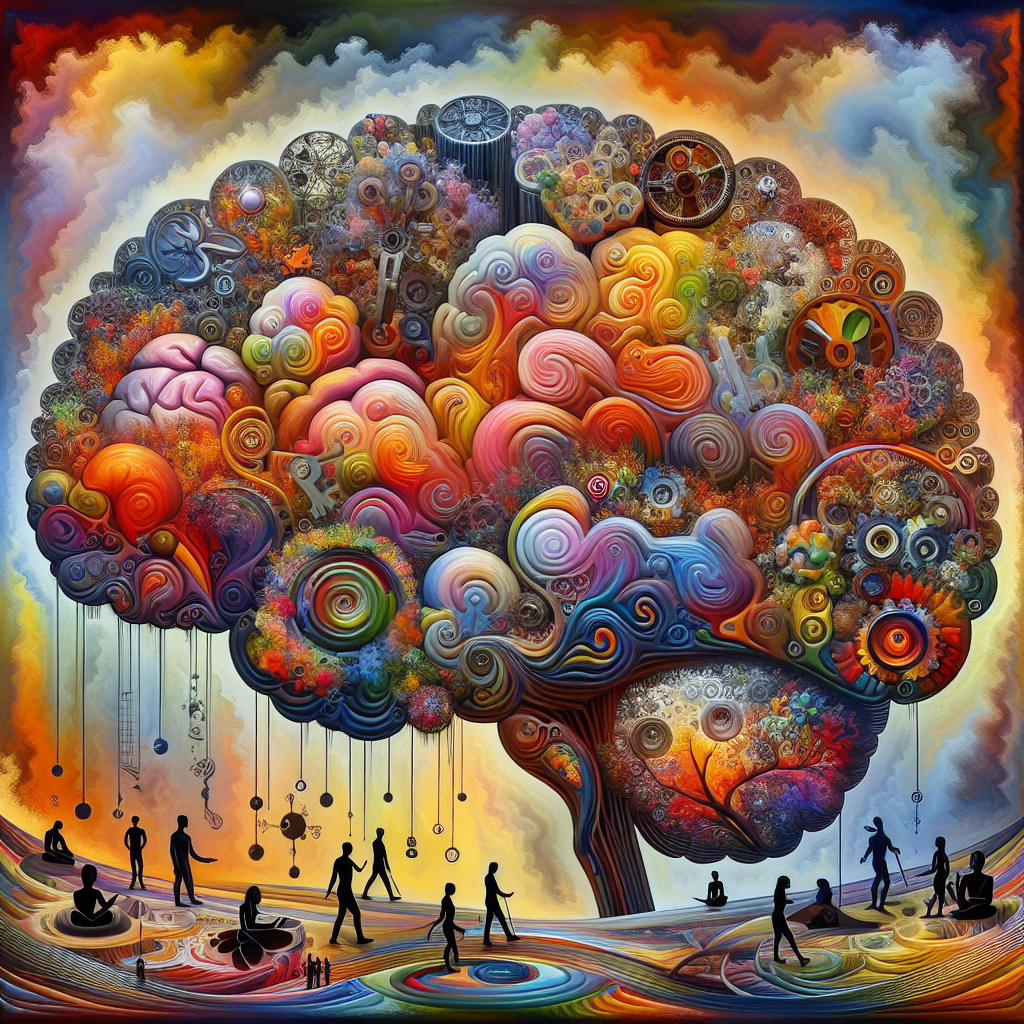Unlocking Your Brain's Secret Potential: How Neuroscience is Changing Our Understanding of Mental Wellness

In recent years, neuroscience has taken giant strides in unraveling the complexities of the human brain, and its findings are transforming how we perceive mental wellness. From understanding the biochemical processes behind stress to exploring the neural underpinnings of creativity, neuroscience is not just for scientists and researchers—it holds insights that every one of us can apply in our daily lives.
The Brain: A World of Mysteries
The human brain is one of the most intricate and least understood organs in our bodies. Despite being responsible for every thought, memory, and sensation, much about its workings remains shrouded in mystery. One thing researchers are sure of is that our brains are continuously adapting and changing through a process called neuroplasticity. This remarkable adaptability allows us to learn new skills, recover from injuries, and even reshape our responses to stress and anxiety.
Neuroscience and Mental Health: Breaking the Stigma
Neuroscientific research has also significantly contributed to our understanding of mental health. By identifying the biological factors that contribute to conditions like depression and anxiety, we can demystify these disorders and reduce stigma. For instance, studies show that neurotransmitters—chemicals responsible for transmitting signals in the brain—play a crucial role in mood regulation. Understanding this link empowers individuals to seek help without feeling ashamed, knowing that mental health issues are as real and treatable as physical ailments.
Practical Applications: Enhancing Everyday Life
What does this mean for you? Well, this knowledge translates to actionable strategies for enhancing your mental wellness. Simple practices—like mindfulness meditation, regular physical activity, and even engaging in creative pursuits—can positively influence your brain's health and function. Neuroscience highlights that these activities promote the release of 'feel-good' neurotransmitters like serotonin and dopamine, which contribute to improved mood and overall well-being.
The Future of Neuroscience: Ethical Considerations
As neuroscience continues to evolve, it raises ethical questions and considerations, especially around topics like neuroenhancement and the potential for brain-computer interfaces. We must tread carefully in balancing the benefits of using technology to enhance cognitive functions with the implications for personal autonomy and privacy. Engaging in these conversations is crucial as we embrace the potential of neuroscience to redefine our understanding of ourselves.
Conclusion: Embrace the Neuro-Revolution
The insights from neuroscience are not just academic; they have the power to transform how we live, work, and relate to one another. By understanding our brain's mechanics and potentials, we can foster healthier habits, break through mental barriers, and ultimately enhance our quality of life. It’s an exciting time in the realm of neuroscience, and as we continue to unlock the brain's secret potential, we all have a role to play in this neuro-revolution.